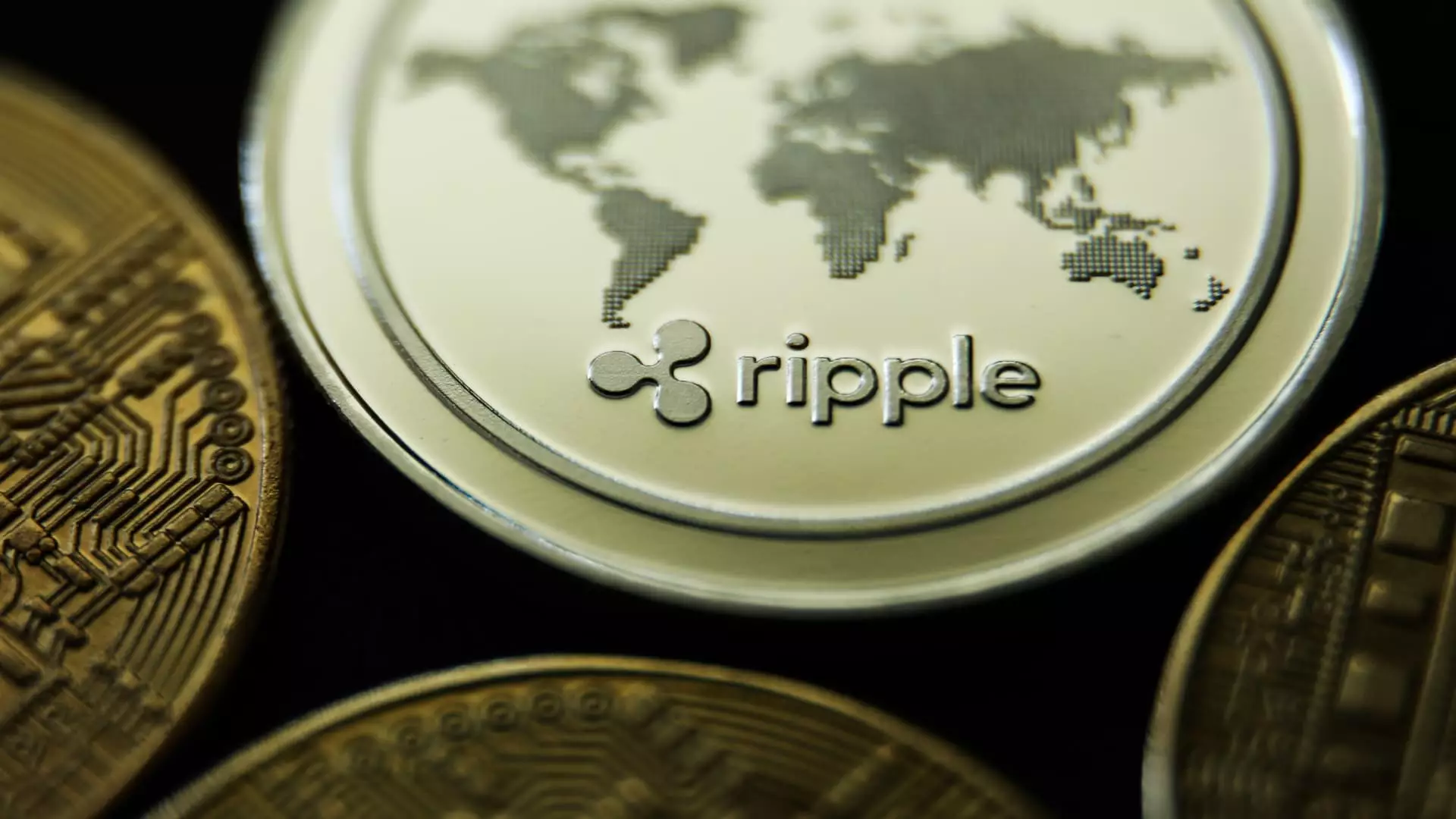In an age where digital assets are sparking unprecedented interest among institutional investors and businesses, Ripple, a notable player in the cryptocurrency realm, has recently unveiled its ambitious new crypto custody services. On Thursday, Ripple took a decisive step into the burgeoning market of cryptocurrency custodianship, aiming to bolster the security and management of digital assets for banks and financial technology firms. This initiative marks a significant transition for Ripple, expanding its offerings beyond payment settlement through its well-known XRP cryptocurrency and the RippleNet platform.
Ripple has established its custody services under the newly formed Ripple Custody division. This strategic maneuver signals Ripple’s determination to integrate its robust XRP Ledger blockchain technology and offer a suite of services tailored to meet the increasing demands of the financial sector. The new features cater to the need for operational support, compliance management, and user-friendly interfaces that are essential for managing digital tokens securely and effectively. Ripple’s approach ensures that its clients can achieve seamless integration and enjoy an enhanced custody experience.
Incorporating monitoring tools for anti-money laundering compliance further strengthens Ripple’s value proposition, aiming for customers’ peace of mind in a landscape often riddled with regulatory ambiguities. Such enhancements will likely bolster Ripple Custody’s reputation as a reliable partner for financial institutions venturing into the digital asset space.
The cryptocurrency custody market is witnessing a rapid expansion, projected to reach at least $16 trillion by 2030, as highlighted by the Boston Consulting Group. Ripple’s entry into this competitive sector is timely and strategic, particularly as traditional financial institutions are increasingly looking to safeguard their clients’ digital assets. Taking on established titans such as Coinbase and Gemini, Ripple Custody aspires to carve out a niche by utilizing its unique blockchain capabilities.
Custodianship in the crypto landscape involves not just the storage of digital assets but also a comprehensive suite of services including payments, settlements, trading, and ensuring adherence to evolving global regulations. As firms seek more robust frameworks for managing their digital assets, Ripple’s recent actions, including the acquisition of crypto storage and management firms such as Metaco and Standard Custody & Trust Company, bolster its credibility and expertise in this domain.
Ripple has expressed a keen interest in the future potential of tokenization, allowing real-world assets to be represented as digital tokens on the blockchain. This foresight reveals Ripple’s commitment to leading the evolution of asset digitization, facilitating everything from fiat currencies to commodities and real estate transactions through the XRP Ledger. By doing so, Ripple positions itself at the intersection of traditional finance and emerging digital asset markets.
In addition to expanding custody services, Ripple has emphasized the integration of its decentralized exchange capabilities and the reduction of transaction costs—factors that can enhance trading efficiency and user adoption in the digital asset realm. Companies leveraging Ripple Custody can harness these advantages to optimize their trading strategies and asset management practices.
Despite the promising outlook, Ripple faces significant challenges that could impact its expansion. Notably, the ongoing legal battle with the U.S. Securities and Exchange Commission (SEC) regarding the classification of the XRP token has cast a shadow over its operations. After a recent decline in XRP’s price coincidental with an SEC appeal against a favorable ruling, Ripple must navigate this turbulent landscape while maintaining investor confidence and complying with regulatory scrutiny.
However, Ripple’s diversified strategy may well position it for future growth, enabling it to weather the storms of regulatory challenges while pursuing new avenues of revenue generation through custody services. The company’s strong year-over-year customer growth rate of over 250% highlights the increasing interest in its offerings, suggesting a bright future for Ripple Custody.
Ripple’s transformation into a cryptocurrency custodian represents a pivotal moment both for the company and the digital asset industry. By leveraging its technology and market insights, Ripple aims to respond to the urgent needs of a rapidly growing market segment. As more traditional financial institutions seek trusted partners in the cryptocurrency domain, Ripple’s proactive stance will likely determine its long-term success and influence in shaping the future landscape of digital asset management.

